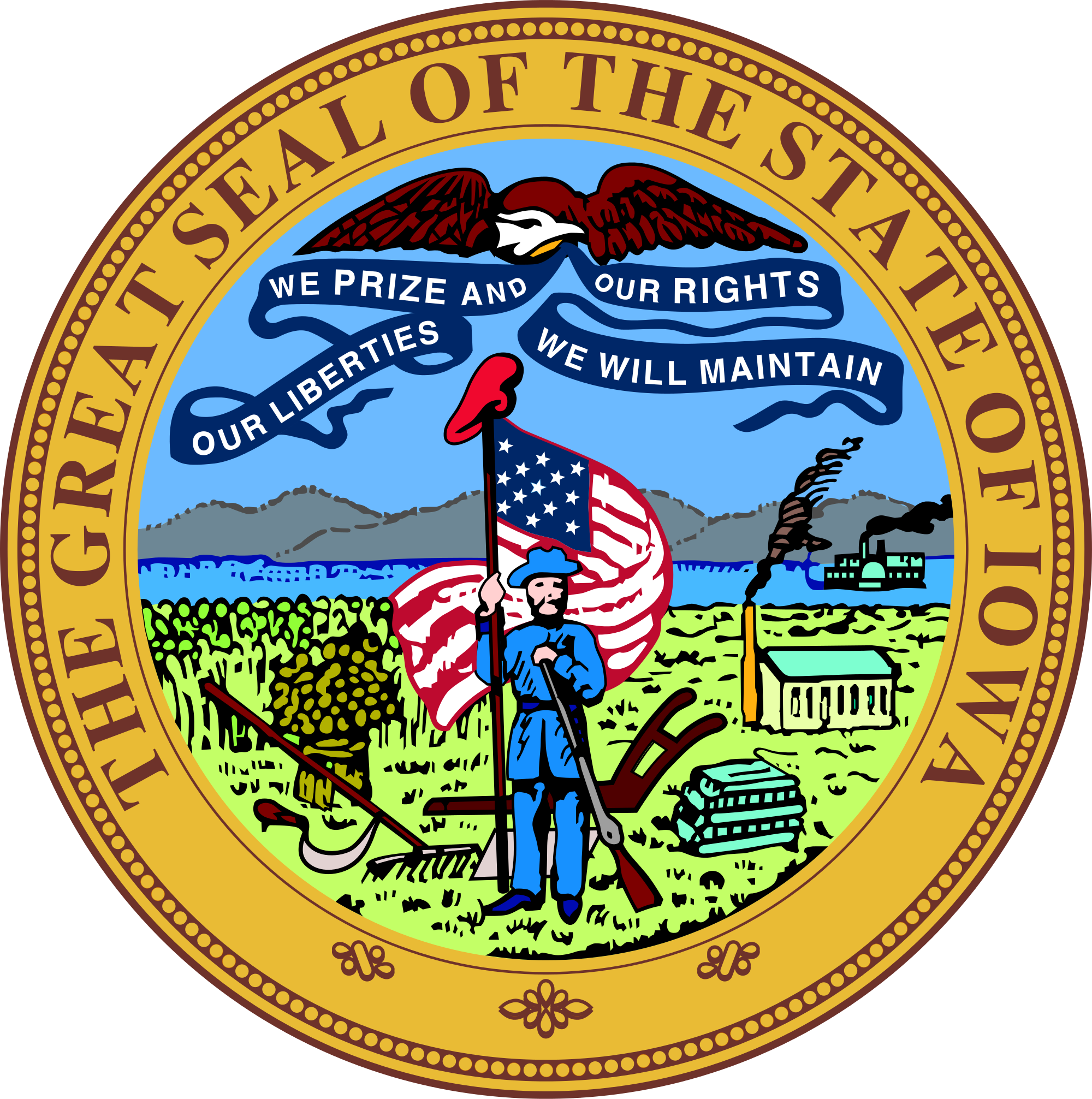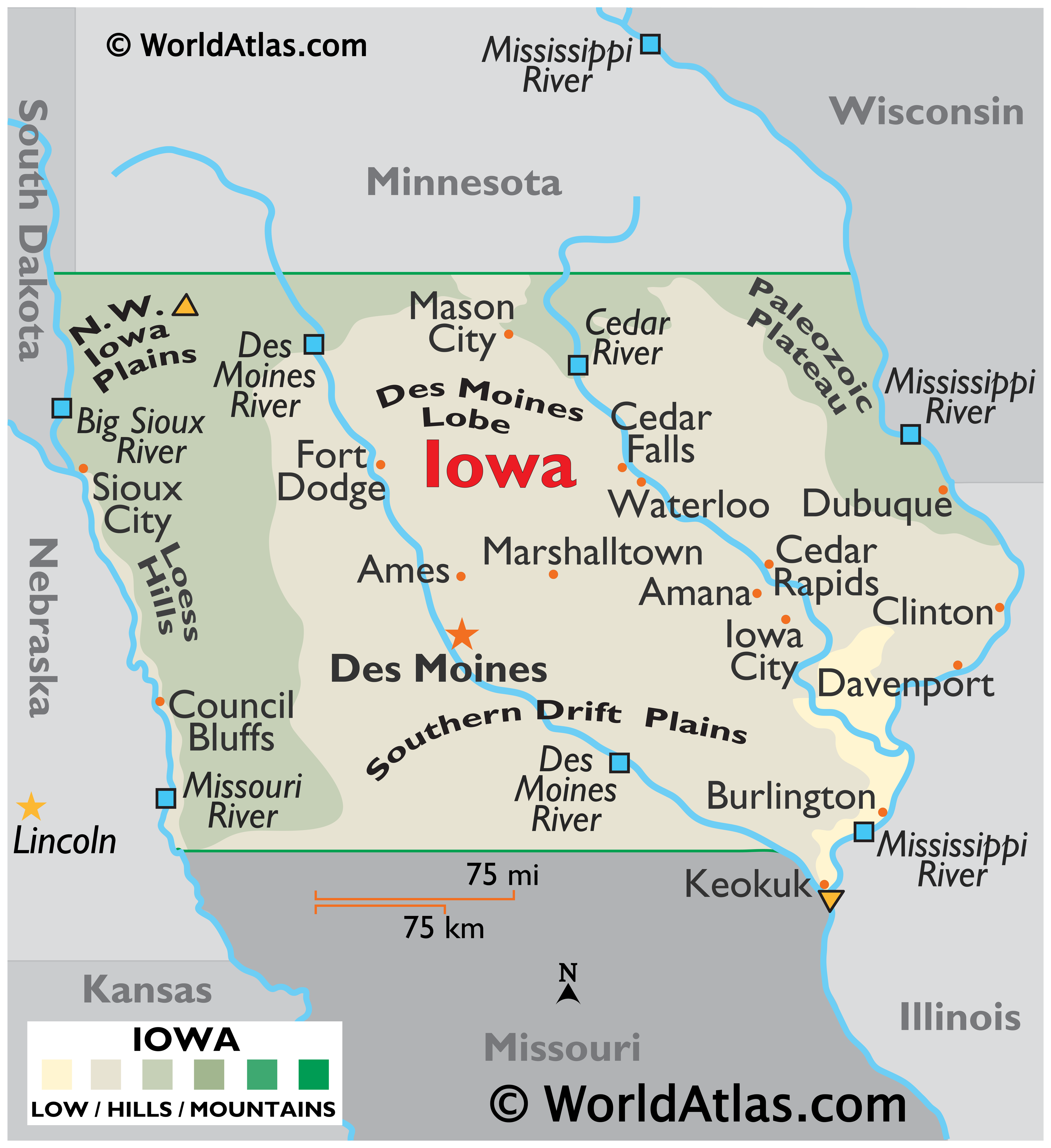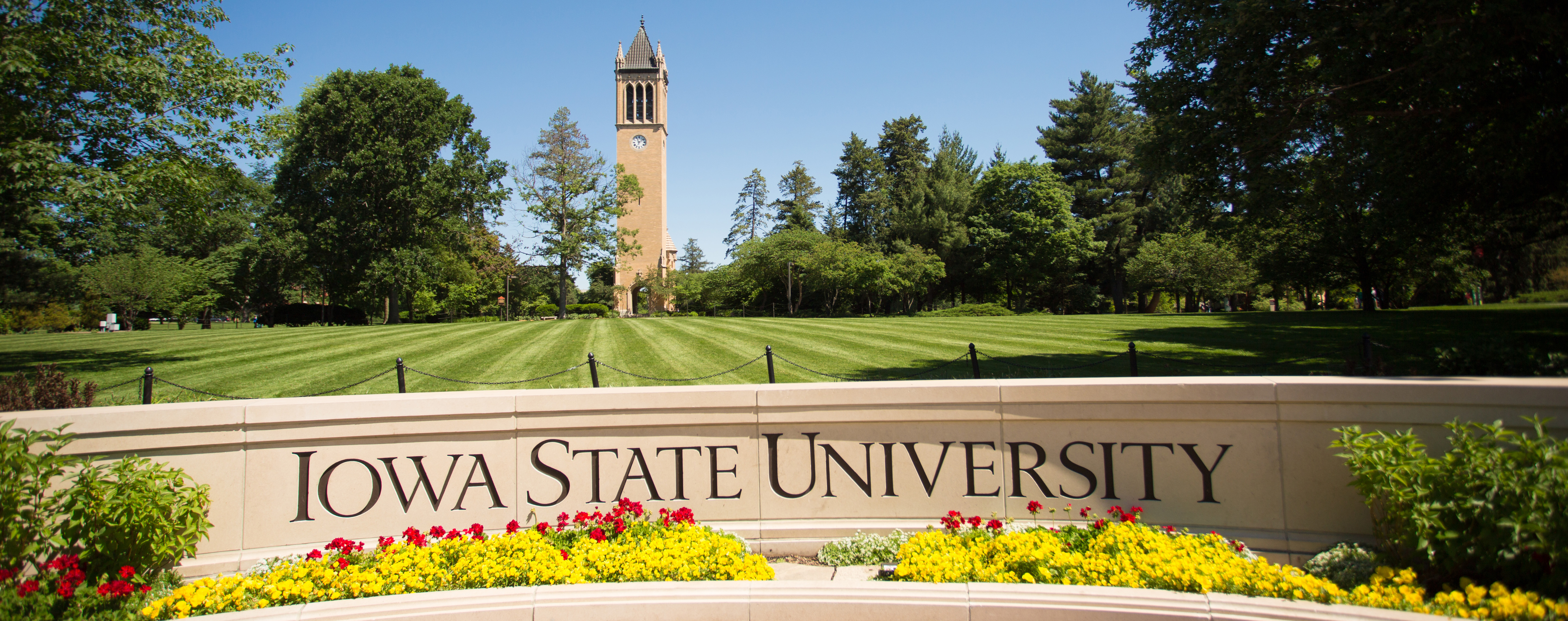When we think about what truly makes a community strong, it often comes down to how we care for one another. In Iowa, a state known for its welcoming spirit and vast farmlands, this sense of looking out for neighbors is a big part of life. Yet, even in the heartland, many folks face daily struggles, especially when it comes to having enough to eat. This is where the Iowa Food Bank Association steps in, doing incredibly important work to make sure families across the state have food on their tables, which is, you know, pretty essential for everyone.
Iowa, as a matter of fact, holds a special spot in the middle of the United States, often called the American Heartland. It's a place that, in a way, forms a kind of bridge between the eastern forests and the wide-open prairie plains to the west. With a population of about 3.19 million people, it's the 31st most populous state, and Des Moines serves as its capital and largest city. Our state government, as you might find on iowa.gov, really works hard to provide a hub for all sorts of information, from business rules to health and education, all designed to help Iowans live a good life.
This commitment to a quality life for Iowans means thinking about everyone, and that includes those who might be having a tough time getting by. The idea of food security, or having reliable access to enough food, is a very real concern for many households here. So, the efforts of organizations like the Iowa Food Bank Association become, you know, incredibly vital. They stand as a key support system, working to ease the burden of hunger and foster a healthier, more resilient Iowa for us all, which is something we can all feel good about.
Table of Contents
- What is the Iowa Food Bank Association?
- The Need for Food Assistance in Iowa
- How the Association Makes a Difference
- Getting Involved and Making an Impact
- Frequently Asked Questions
- A Call to Action for Iowa
What is the Iowa Food Bank Association?
The Iowa Food Bank Association serves as a kind of central point for hunger relief efforts across our state. It's not just one big food bank, but rather a network that brings together various food banks and pantries from different communities. This approach, you know, helps to make sure that food and resources can be shared efficiently, reaching folks in both our bigger cities and our smaller towns, which is pretty clever.
Their main purpose is, basically, to help these local groups get the food they need, coordinate efforts, and speak up for those who are facing hunger. They work to make sure that the food supply is steady and that the programs designed to help people get food are as good as they can be. This kind of unified effort, in some respects, strengthens the whole system, allowing more food to get to more people who really need it, something that truly matters.
Think of them as a backbone for all the wonderful local initiatives that are already out there. They provide training, share best practices, and work on a bigger scale to tackle the root causes of food insecurity. This involves, for instance, advocating for policies that can help families stand on their own two feet, which is a broader way to make a lasting change, you know, for the better.
The Need for Food Assistance in Iowa
Even though Iowa is a state with incredibly rich agricultural land, and we grow so much food, the sad truth is that hunger is still a very real problem for many of our neighbors. It's a bit of a hidden struggle for some families, who might be working hard but still find it tough to put enough healthy meals on the table every day. This situation, you know, can affect anyone, from young children to older adults, and it's not always obvious from the outside.
Economic shifts, health challenges, or unexpected life events can really throw a family off balance, making it hard to afford groceries after paying for housing, utilities, and other basic needs. This is why, as a matter of fact, the demand for food assistance has remained quite steady, and sometimes even grows, especially during times of wider economic uncertainty. It shows us that even in a place like the American Heartland, support systems are very much needed.
Consider, too, that Iowa is a fairly large state, the 26th largest in total area, with communities spread out. Getting food to everyone who needs it, whether they live in our most populous city or in a more rural setting, requires a lot of coordination and effort. The Iowa Food Bank Association, you know, plays a critical role in bridging these distances and making sure that help can reach every corner of the state, which is a truly important task.
How the Association Makes a Difference
The Iowa Food Bank Association really makes a difference through several key ways, all focused on getting food to those who need it most. Their work is, basically, about strengthening the entire system of hunger relief in our state, ensuring that resources are used wisely and that more people can get the help they need. They're more or less like a central connector for all the good work happening on the ground.
Supporting Local Food Banks
One of their main jobs is to support the local food banks and pantries that are directly serving people in communities. This means, for instance, helping them get large amounts of food from farms, manufacturers, and grocery stores, often at a very low cost or even for free. They also help with the logistics of storing and distributing this food, which can be quite a big job when you're moving thousands of pounds of groceries, you know, regularly.
They also provide guidance and training to these local groups, helping them operate more effectively and safely. This could involve, for example, advice on best practices for food storage, volunteer management, or connecting people with other services they might need. It's about empowering those on the front lines to do their very best work, which, you know, makes a huge difference in people's lives.
Advocacy and Awareness
Beyond just moving food, the Iowa Food Bank Association also works to raise awareness about hunger in Iowa and advocates for policies that can help address it. They speak up for the needs of Iowans who are struggling, making sure that decision-makers understand the challenges families face. This involves, arguably, working with state leaders and community groups to find lasting solutions.
They might, for example, share stories of families they've helped or present data on the scope of food insecurity across the state. This kind of work helps to change public perception and encourages more support for hunger relief efforts. It's about making sure that the issue of hunger remains a priority, which is, you know, truly important for creating a more just society.
Community Partnerships
The association also builds strong connections with various groups across Iowa. This includes working with farms, businesses, schools, and other non-profit organizations. These partnerships are, basically, essential for gathering food, securing funding, and expanding the reach of their programs. They understand that solving a big problem like hunger requires everyone working together.
For instance, they might partner with local businesses for food drives or work with farmers to rescue fresh produce that might otherwise go to waste. These collaborations not only bring in more resources but also help to build a stronger, more connected community. It’s a bit like weaving a safety net, you know, with many different threads coming together to support those who need it.
Getting Involved and Making an Impact
If you're an Iowa resident, or really anyone who cares about making a difference, there are many ways you can help the Iowa Food Bank Association and its network of partners. Every bit of support, you know, truly counts and helps to make sure that more Iowans have access to the food they need. It's about stepping up for our neighbors, which is a very Iowan thing to do.
Volunteering Your Time
Giving your time is a powerful way to contribute. Food banks and pantries across the state always need a helping hand, whether it's sorting donations, packing food boxes, or helping with distribution events. You can often find opportunities that fit your schedule, and it's a great way to see firsthand the impact of your efforts. It's, like, a really direct way to help people.
Many volunteers find it to be a very rewarding experience, connecting with others who share a similar desire to help their community. You might, for example, meet new people and learn more about the challenges and triumphs of hunger relief work. It's a chance to put your compassion into action, which is, you know, pretty special.
Donating Food or Funds
Financial donations are, basically, incredibly valuable because they allow the food bank to purchase exactly what is needed, often at wholesale prices, which means your dollar goes further. They can buy perishable items like fresh produce, milk, and meat, which are often harder to get through typical food drives. So, a monetary gift can have a really big impact, you know, in a practical sense.
Of course, food donations are also very much appreciated. Check with your local food pantry or the Iowa Food Bank Association's website for a list of most-needed items. Things like canned goods, pasta, rice, and peanut butter are always welcome. It's about providing nutritious options for families, which is, you know, always the goal.
Spreading the Word
Sometimes, just talking about the issue of hunger and the work of the Iowa Food Bank Association can make a big difference. Share information with your friends, family, and colleagues. You can, for instance, post about it on social media or bring it up in community discussions. The more people who know about the need, the more support can be generated.
Raising awareness helps to reduce the stigma sometimes associated with needing food assistance and encourages more people to get involved, whether as volunteers or donors. It's about building a collective understanding and a shared commitment to ensuring that no Iowan goes hungry, which is, you know, a goal we can all work towards together.
Frequently Asked Questions
Here are some common questions people often have about the Iowa Food Bank Association and hunger relief in our state:
How can I find a local food pantry near me in Iowa?
The Iowa Food Bank Association, you know, works with many local food pantries all across the state. You can usually find a list or a locator tool on their official website, or you can check with your county government or local community resources. They're pretty good at helping you find the closest spot.
What types of food are most needed by Iowa food banks?
While any non-perishable food is generally welcome, food banks often have specific needs for things like canned proteins (tuna, chicken), peanut butter, whole grain pasta, rice, canned fruits and vegetables, and low-sugar cereals. It's always a good idea, you know, to check their website for their current "most wanted" list, as needs can change.
Can businesses or farms donate directly to the Iowa Food Bank Association?
Yes, absolutely! The Iowa Food Bank Association, basically, partners with many businesses, farms, and food producers to rescue and distribute food that might otherwise go to waste. They have systems in place to handle large donations and ensure they get to where they're needed. It's a really important way, you know, for them to get food.
A Call to Action for Iowa
The work of the Iowa Food Bank Association is, you know, a clear example of our state's spirit of community and mutual support. It shows how, even in a state as prosperous and resourceful as Iowa, there's still a significant need for collective action to ensure everyone has enough to eat. As we think about our role as Iowans, whether we're residents or just interested in what our state has to offer, remember that contributing to food security is a way to build a stronger, healthier place for all.
Your involvement, whether through giving time, making a donation, or simply sharing information, really helps to make a tangible difference. It helps the association continue its vital work, supporting local food banks and reaching out to more families in need. Learn more about community support programs on our site, and consider how you can help this important cause. You can also find more information on how to get involved with local initiatives.



